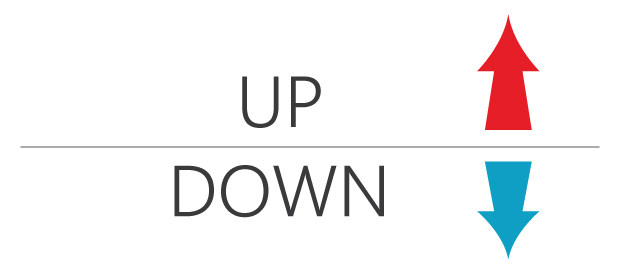Communication starts with concepts. We then map concepts into language. Communication breaks down when we are confused in either the concepts or the words we use to describe them.
Take scrolling a computer screen. The concept, or mental model, that I use for scrolling a computer screen is based on a real-world model, scrolling a piece of paper. You might wonder why I even think about scrolling paper. When I first started in computers, we used continuous feed paper that was folded over. In order to look at what was printed last, you moved the paper up so that you could get at the last of what might have been a hundred pages. In the context of a computer screen, if I want to see the text below the bottom of the screen I think “scroll up the contents on the page”. My screen model is based on my long-time physical model.
Many of the people I work with have never worked with fan-fold computer paper. To them, scrolling down means “show me the text below the bottom of the screen”. Recently we were working to a deadline with three of us huddled around one computer screen as we collaborated on some critical marketing material. Naturally, when I asked for “scroll up” the screen would move the opposite way to what I expected. I’ve discovered that when we are collaborating, I need to use different language such as “let’s see the text below where we’re at.”
It’s hard to believe that such a simple concept and the language describing it, such as moving a computer screen up and down, could be fraught with communication difficulties. For clear communication, you must make sure that everyone has the same understanding of the concepts you are talking about and then use the right language, that everyone involved, understands to mean the same thing. As leaders, it is doubly important that we are clear on both.
Are you using language where up means down or down means up?




Hi David,
This post reminds me of one of my gaffes as a student teacher, many years ago. I was in a grade 8 classroom when this question I posed, “You remember the Montreal Olympics, don’t you?” resulted in blank faces. I quickly realized that these kids were too young to remember the Olympics.
As you clearly point out, it’s not only important to know the audience, but also to speak using terms that they understand so that you can bridge the gap and achieve the results you intend.